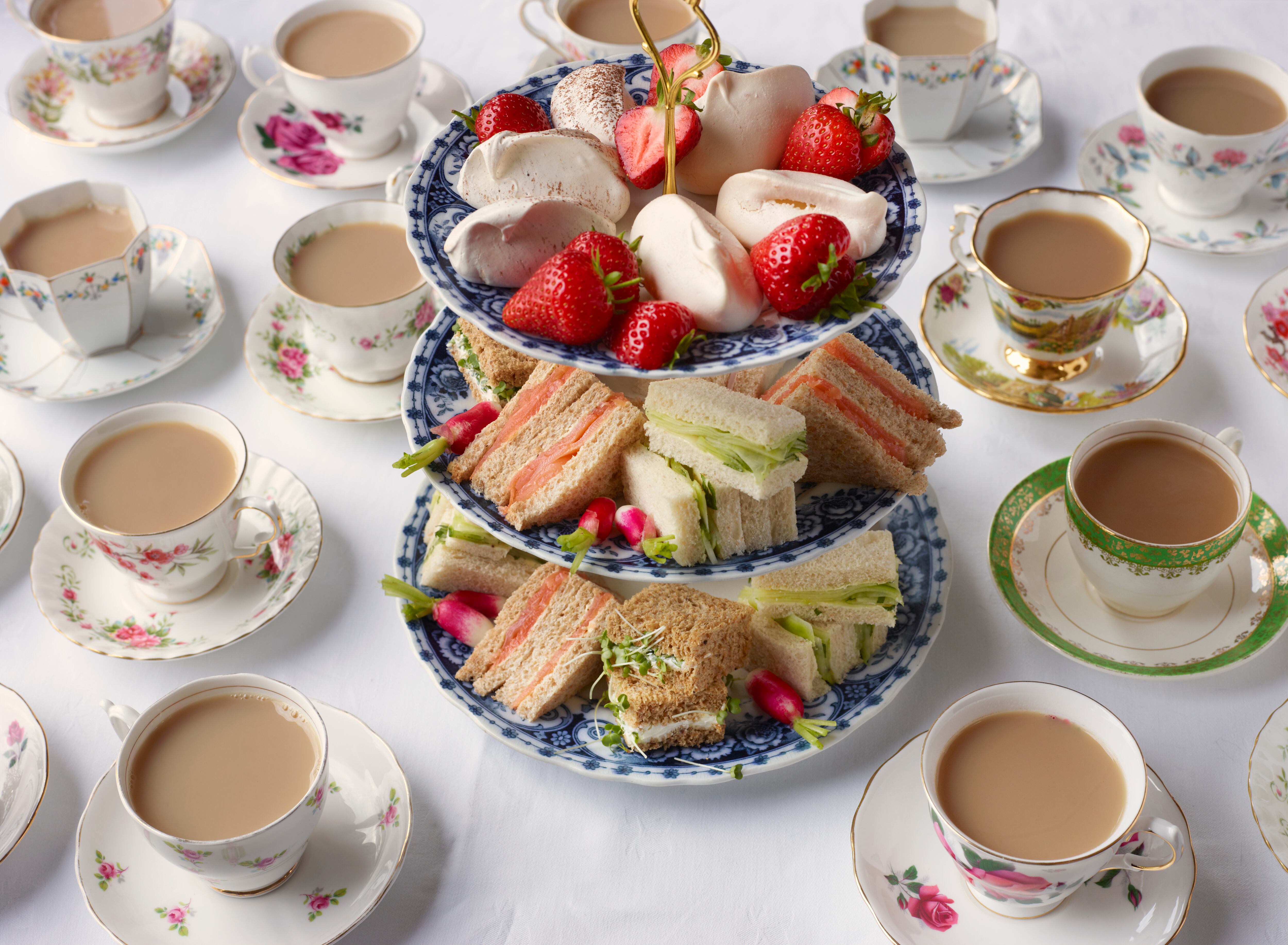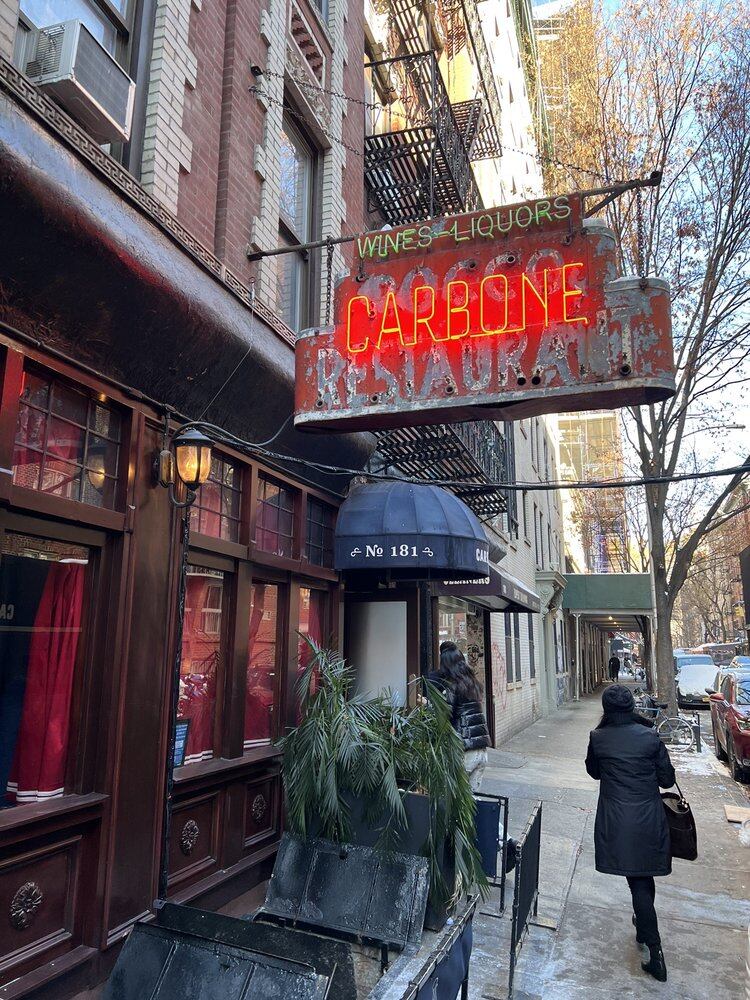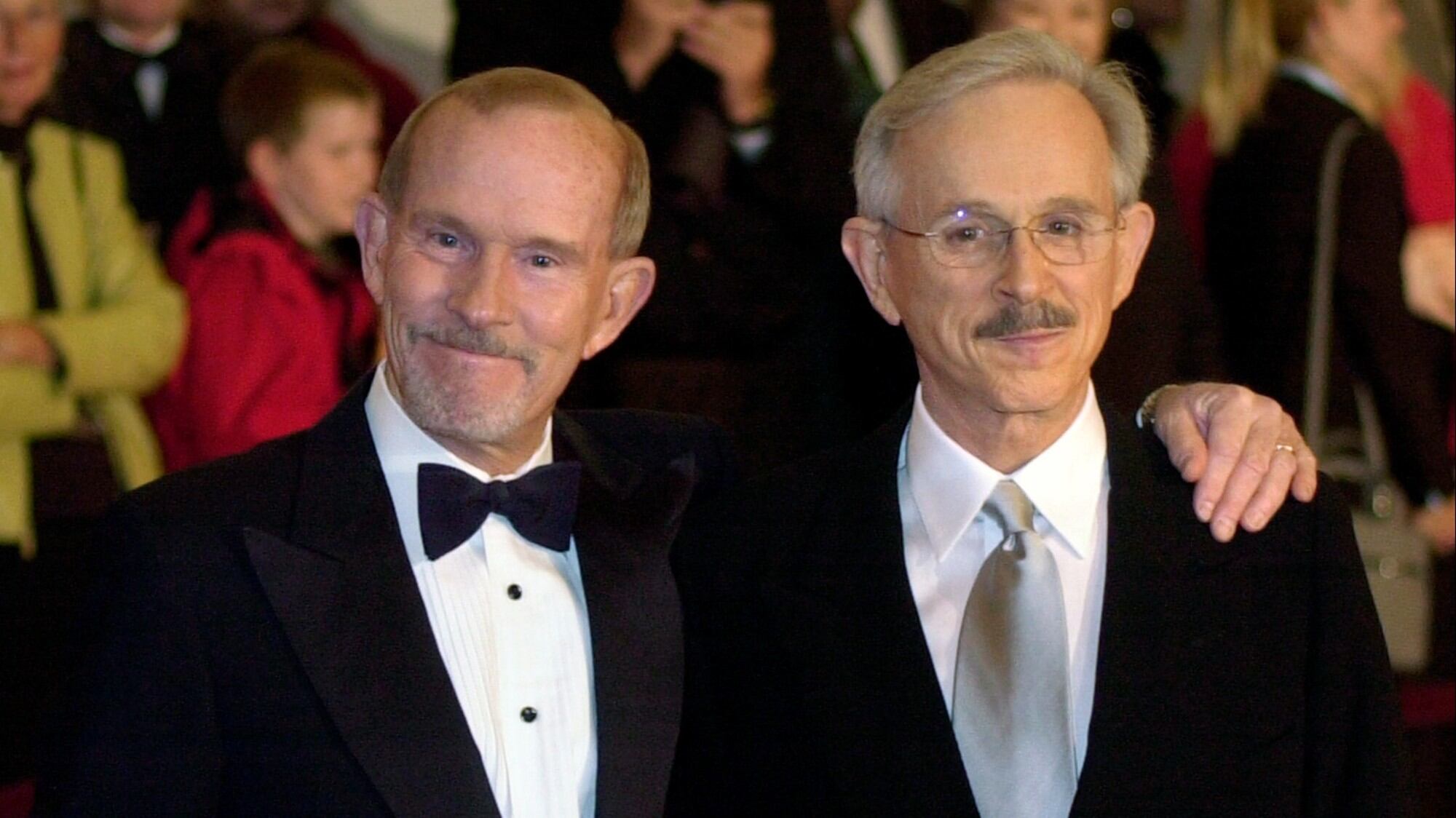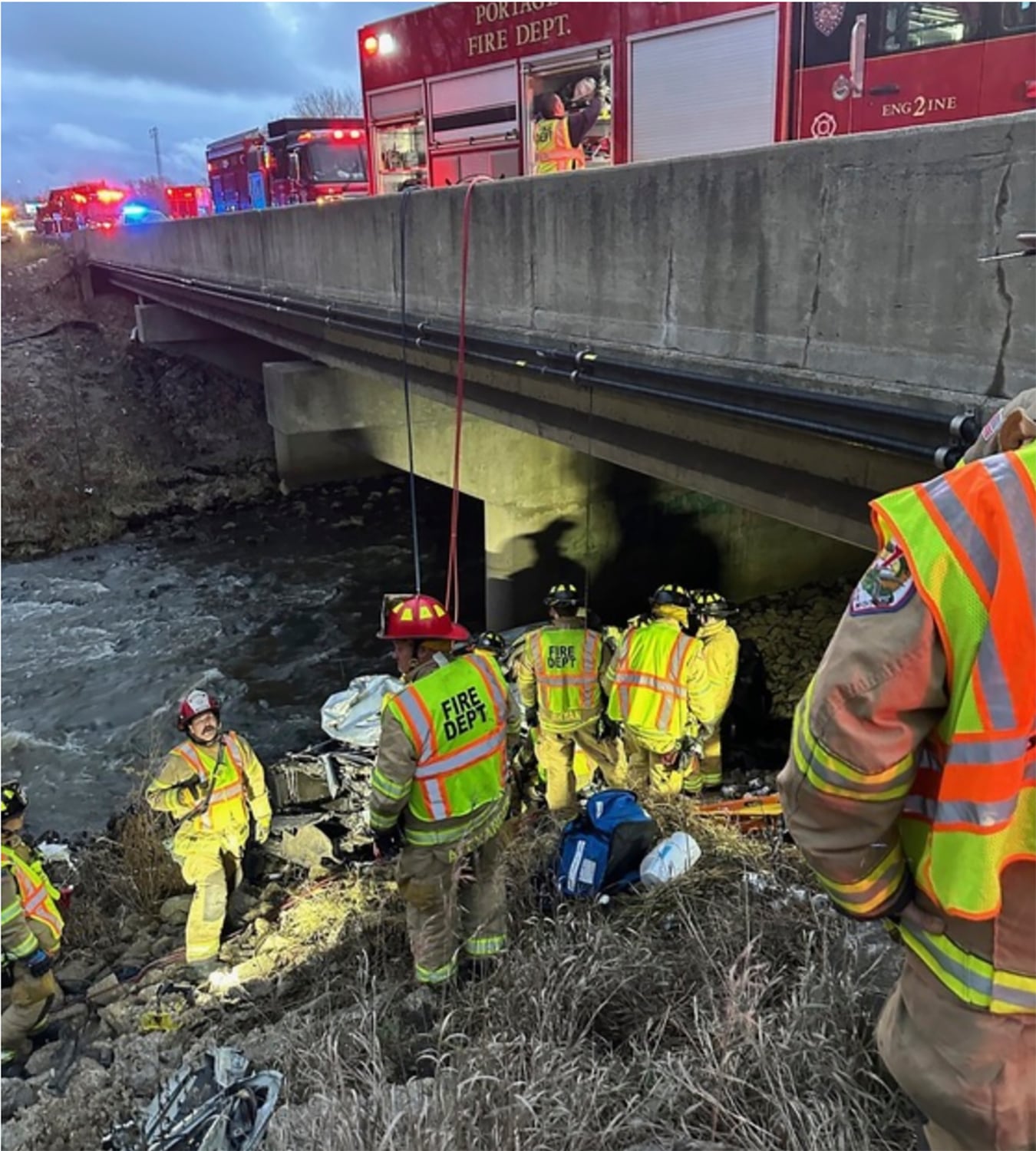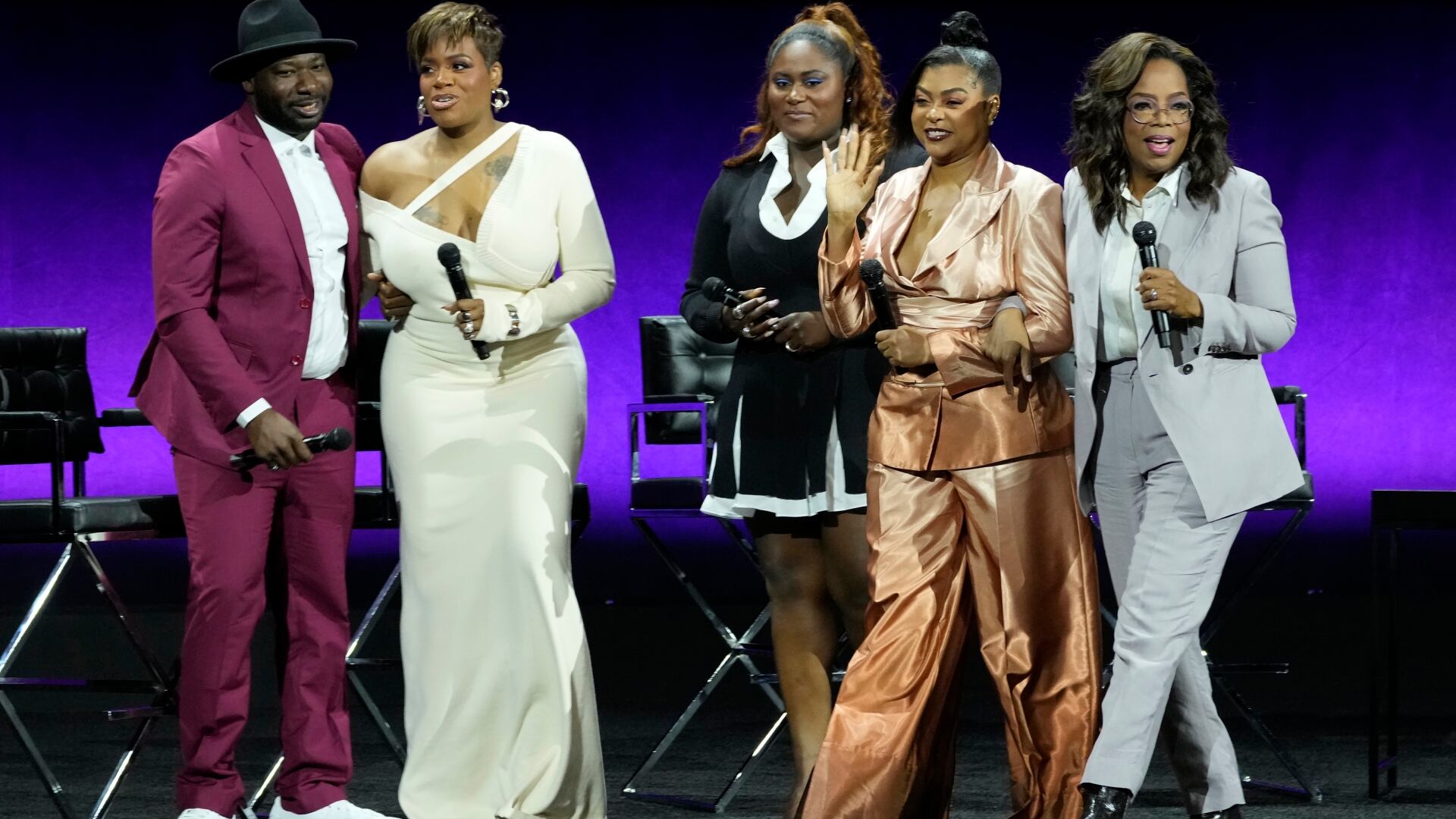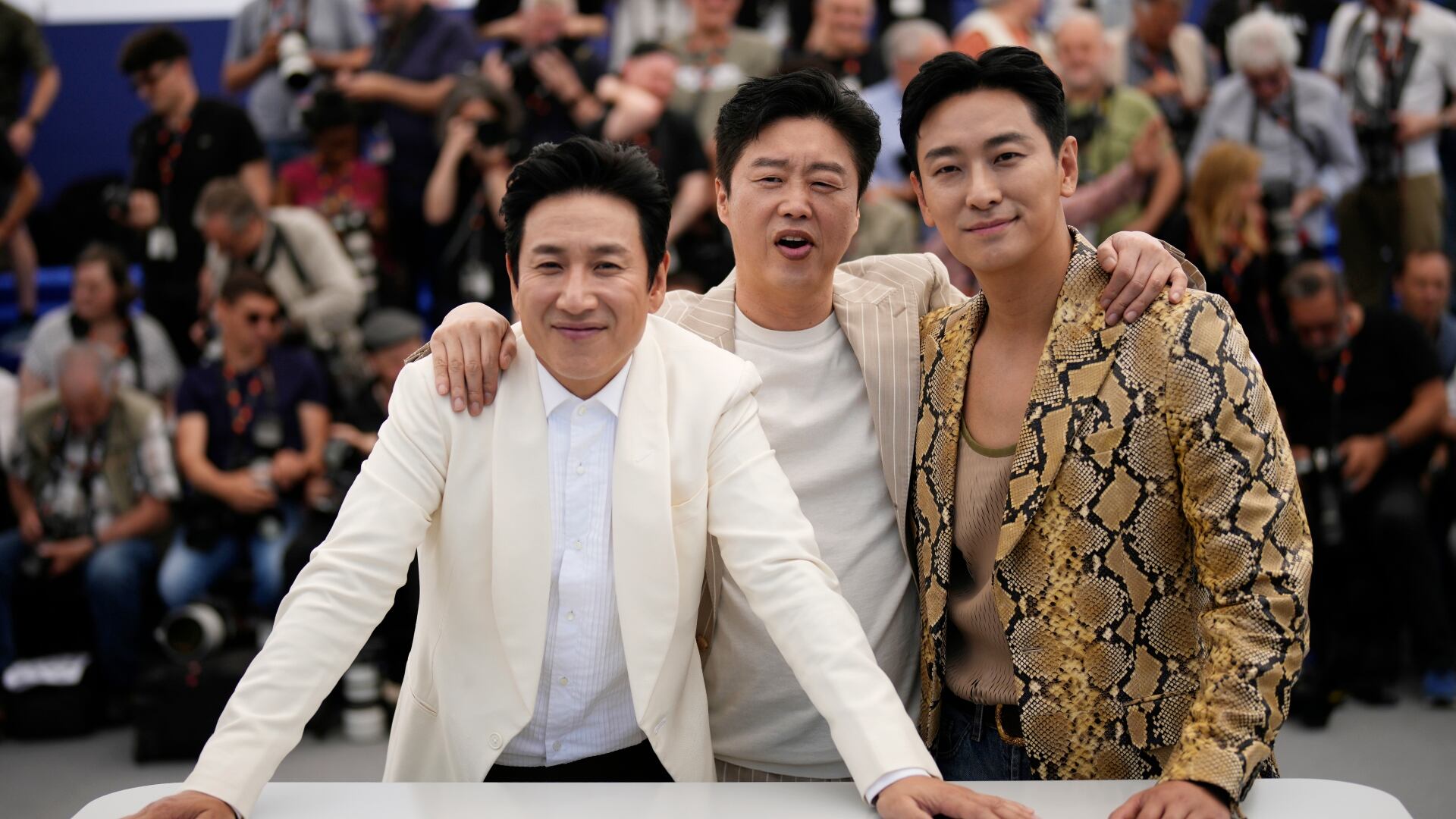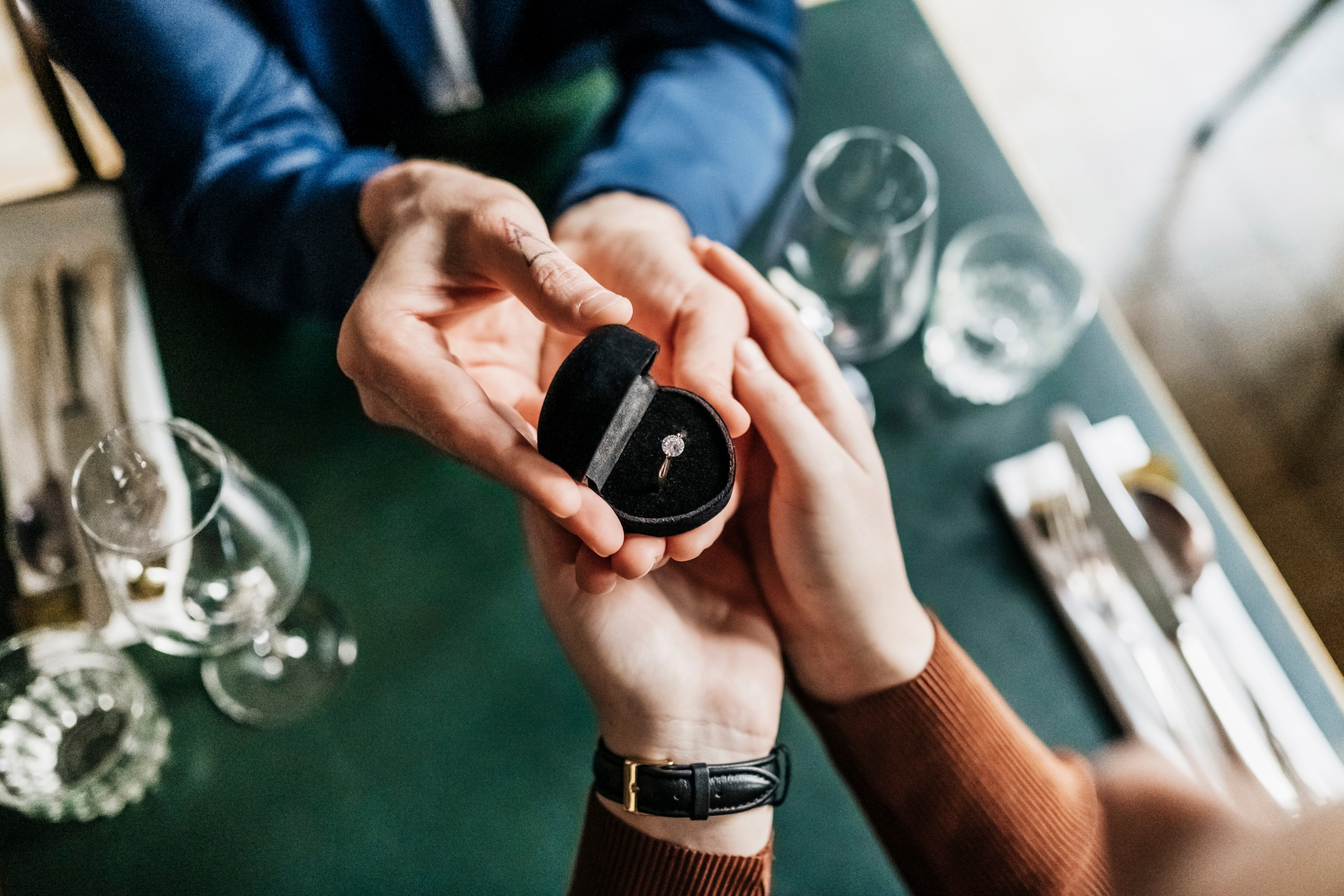By Amy Forliti and Steve Karnowski
Updated 6:04 pm ET
Prosecutors on Wednesday filed a tougher charge against the police officer at the center of the George Floyd case and charged three other officers, delivering a victory to protesters galvanized by a death that roused racial tensions and unleashed coast-to-coast unrest.
The most serious charge was filed against Derek Chauvin, who was caught on video pressing his knee to Floyd’s neck and now must defend himself against an accusation of second-degree murder. The three other officers at the scene — Thomas Lane, J. Kueng and Tou Thao — were charged for the first time with aiding and abetting second-degree murder and second-degree manslaughter. All four were fired last week.
The new charges were sought by Minnesota Attorney General Keith Ellison, who called the protests unleashed by the death “dramatic and necessary” and said Floyd “should be here and he is not.”
“His life had value, and we will seek justice,” said Ellison, who cautioned that winning convictions would be hard and said that public pressure had no bearing on his decisions.
Hundreds of protesters were in New York City's Washington Square Park when the charges were announced.
“It’s not enough,” protester Jonathan Roldan said, insisting all four officers should have been charged from the start. “Right now, we’re still marching because it’s not enough that they got arrested. There needs to be systematic change.”
Benjamin Crump, an attorney for Floyd’s family, called it “a bittersweet moment” and “a significant step forward on the road to justice.” Crump said Elison had told the family he would continue his investigation into Floyd’s death and upgrade the charge to first-degree murder if warranted.
Chauvin was initially charged with third-degree murder and second-degree manslaughter.
The move powerfully punctuated an unprecedented week in modern American history, in which largely peaceful protests took place in communities of all sizes but were rocked by bouts of violence, including deadly attacks on officers, rampant thefts and arson in some places.
Some of the rockiness of the days since Floyd's May 25 death dissipated on Tuesday night, with demonstrations continuing around the country, but without major reports of violence.
Curfews and efforts by protesters to contain earlier flare-ups of lawlessness were credited with preventing more widespread damage to businesses in New York and other cities overnight.
“Last night we took a step forward in moving out of this difficult period we’ve had the last few days and moving to a better time,” New York Mayor Bill de Blasio said.
New York police said about 280 people were arrested on protest-related charges Tuesday night, compared with 700 a day earlier. Nationwide, more than 9,000 have been arrested in connection with the unrest.
At least 12 deaths have been reported, though the circumstances in many cases are still being sorted out.
Some tense incidents continued Tuesday night but were far less prevalent than in preceding days. Police and National Guard troops used tear gas, flash-bang grenades, nonlethal rounds, and other means of dispersing crowds near a police precinct in Seattle, near Centennial Park in Atlanta, and at demonstrations in Tampa and St. Petersburg, Florida.
Minnesota has opened a civil rights investigation into whether the Minneapolis Police Department has a pattern of discrimination against minorities.
Elsewhere, Pope Francis called for national reconciliation and peace, saying he has ‘’witnessed with great concern the disturbing social unrest’’ in the U.S.
“My friends, we cannot tolerate or turn a blind eye to racism and exclusion in any form and yet claim to defend the sacredness of every human life,’’ he said Wednesday.
President Donald Trump has pushed the nation’s governors to take a hard line against the violence, saying Tuesday that “lowlifes and losers” were taking over New York’s streets.
He again tweeted Wednesday: “LAW & ORDER!”
Thousands of protesters again took to the streets again in the nation’s capital, singing “Amazing Grace” as they knelt. “We are not going anywhere!” they chanted.
Law enforcement officers in riot gear watched the crowd. Washington Mayor Muriel Bowser imposed an 11 p.m. curfew after Tuesday's peaceful protests. The Tuesday curfew had been 7 p.m.
More than 20,000 National Guard members have been called up in 29 states to deal with the violence.
In Philadelphia, a statue of former Mayor Frank Rizzo was removed by the city early Wednesday after repeatedly being targeted by vandals. Rizzo presided over a police force widely accused of racism and brutality in the 1970s.
In Virginia, Gov. Ralph Northam was expected to announce plans Thursday for the removal of an iconic statue of Confederate Gen. Robert E. Lee from Richmond’s prominent Monument Avenue, a senior administration official told The Associated Press. The statue has been the target of vandalism during the protests.
Some protesters framed the burgeoning movement as a necessity after a long list of killings by police.
“It feels like it’s just been an endless cascade of hashtags of black people dying, and it feels like nothing’s really being done by our political leaders to actually enact real change,” said Christine Ohenzuwa, 19, who attended a peaceful protest at the Minnesota Capitol in St. Paul.
“There’s always going to be a breaking point. I think right now, we’re seeing the breaking point around the country.”
___
Associated Press journalists across the U.S. contributed to this report.


